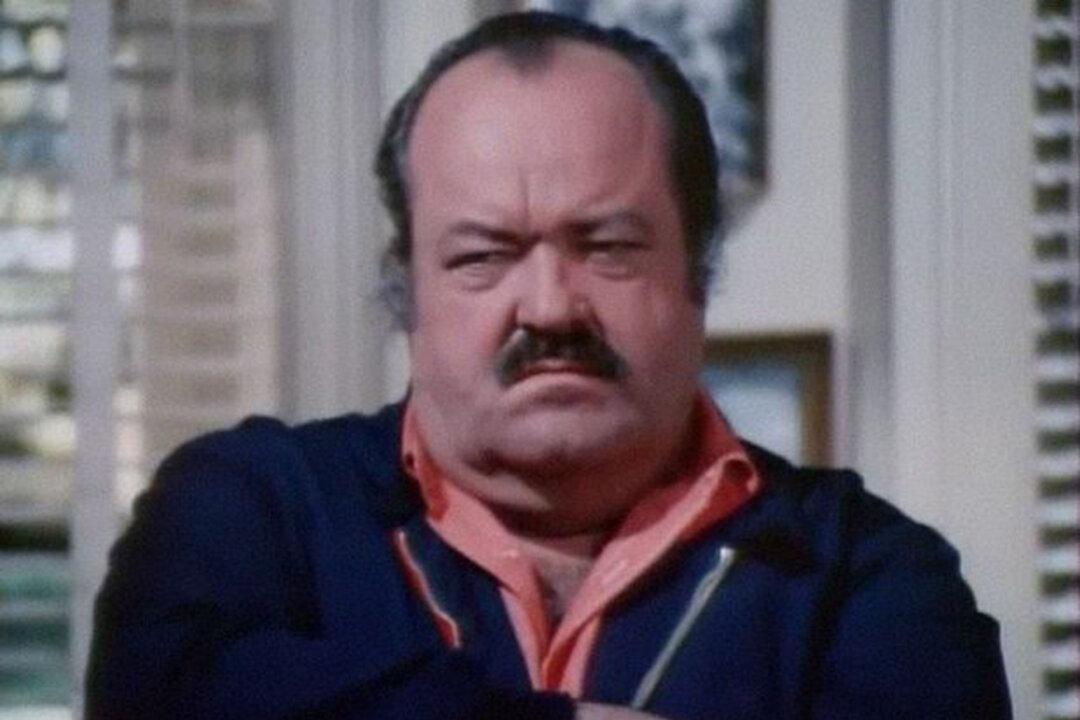Not Rated | 1h 38min | TV Movie, Crime, Drama, Mystery | 1971
The 1970s was a great decade for American TV shows, particularly action-driven crime dramas featuring private detectives and cops. That decade represented a time of great creative freedom and, when it comes to film and television, brought a certain edginess, or grittiness, to the small screen that hadn’t been seen before.






